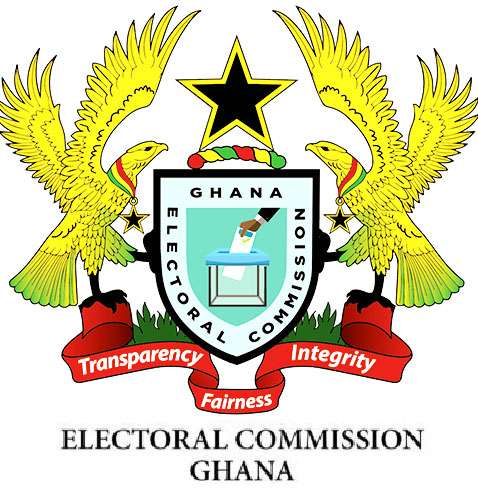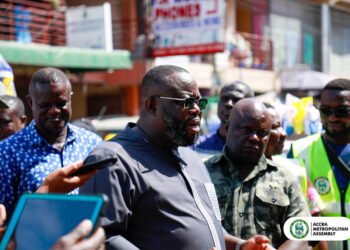Bright Simons, Vice President of IMANI Africa, has questioned the NPP’s legal strategy regarding the Electoral Commission’s declarations.
He noted that, given the factual dispute over whether results had already been declared in those constituencies, it was puzzling why the NPP sought a compulsion order (mandamus) rather than first pursuing an overturning order (certiorari).
He argued that the NPP should have requested the court to “quash” the initial EC declarations as illegal or non-compliant before seeking a fresh tally.
“Ghana’s ruling party (NPP) went to the High Court to obtain a compulsion order compelling the Electoral Commission (EC) to re-tally results in some constituencies where EC officers had earlier declared in favor of the opposition (NDC).
“The EC proceeded to re-tally polling station results in a process called “collation” after which it re-declared the NPP the actual winners of the disputed constituencies, putting pain to the prospect of the NDC securing a two-thirds majority. Such a super-majority would have granted it power to make changes to certain minor parts of the constitution, without needing to court four independent members of Parliament (MPs)”.
Bright Simons
Bright Simons observed that the NPP’s legal strategy forced the Court to summarily declare the EC’s initial declarations invalid without examining whether they were illegal or irrational.
He also noted that the High Court, citing urgency, similarly declined to hear the NDC’s arguments.

He highlighted that the President of the Supreme Court panel, which heard the NDC’s appeal to overturn the High Court’s order, had previously given a concurrent opinion in the Ernest Thompson case.
In that opinion, the Justice outlined scenarios where the High Court could “supervise” or “discipline” entities like the EC.
Simons further pointed out that issues of natural justice, such as the NDC’s right to be heard before facing the consequences of a judicial or administrative order, were central to both cases. “More relevant, however, is the discussion of how the High Court’s jurisdiction in such matters arises in the first place”.
NPP’s Legal Strategy Questioned
Furthermore, Bright Simons remarked that it is unclear why the NPP opted for the mandamus/compulsion route instead of overturning the apparent declarations.
He suggested this choice might have been to avoid a factual inquiry into the events during the first collation or a court-ordered examination of the disputed polling tally documents.
He added that it will be interesting to see if the NPP returns to the High Court, as directed by the Supreme Court, to seek a fresh compulsion order.

This time, however, he noted, the opposition NDC would have the opportunity to present evidence supporting its claim that the declarations were indeed made.
“It would seem much neater for the NPP to switch its approach from mandamus to certiorari-plus-mandamus. Except, of course, that would also open the door to a more forensic examination of what exactly happened during the “original/first” collation process.
“As well as an acknowledgment that such collations indeed happened, even if, in the view of the NDC, they were non-conforming or illegal”.
Bright Simons
Simons questioned whether the Supreme Court’s directive for a fresh High Court hearing by 31st December allows sufficient time for a thorough investigation into the original collation and declaration processes.
He wondered if this approach is feasible compared to the “standard route” of filing an election petition after the declared candidates are sworn in.
He raised the question of who can truly be considered the “declared candidates” at this stage, highlighting the uncertainty surrounding the status of the election results.
He further emphasized that the EC has publicly asserted its constitutional authority to address and correct any non-conforming actions or mistakes in its processes without the need for a court order. “Given how the Supreme Court has weighed in, however, such a position would be hard to sustain before public opinion”.
READ ALSO: Spotify Denies Favouring Kendrick Lamar Over Drake























